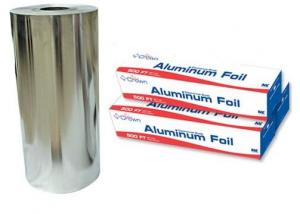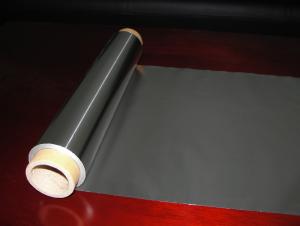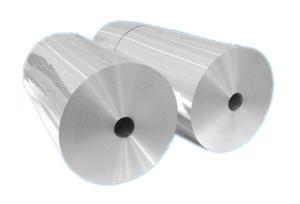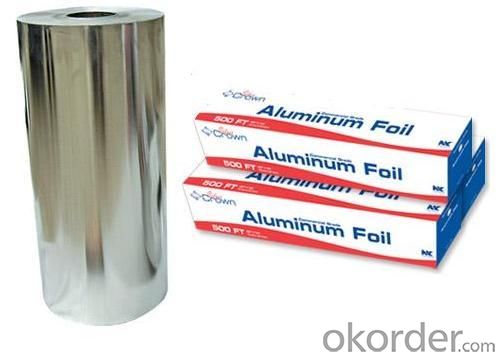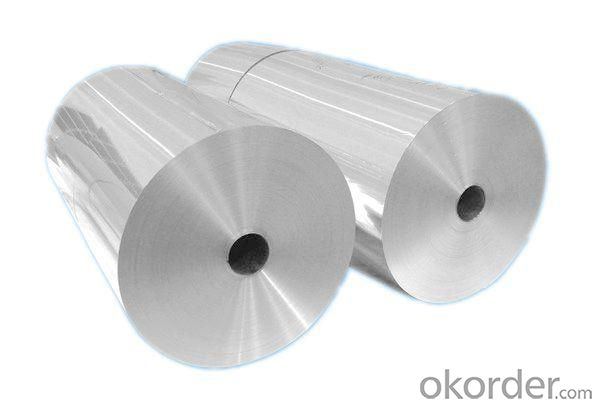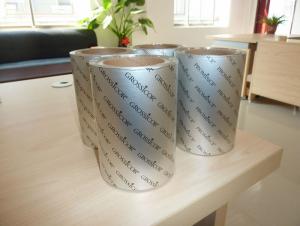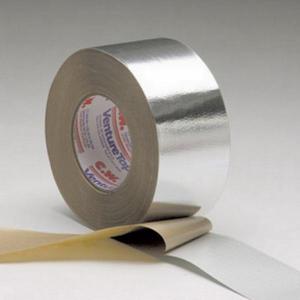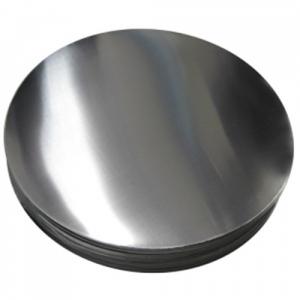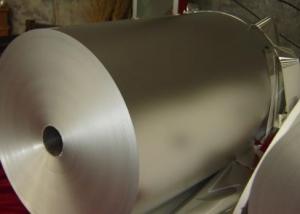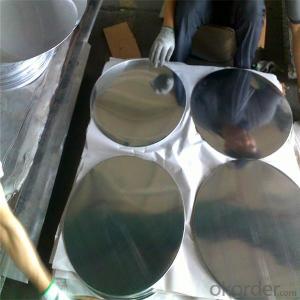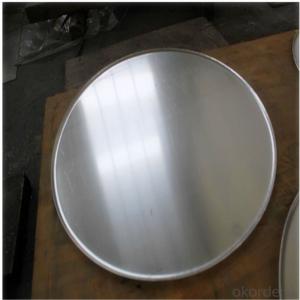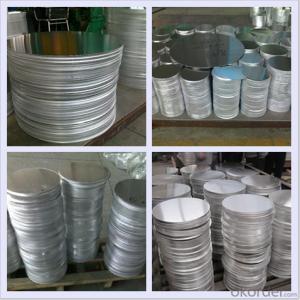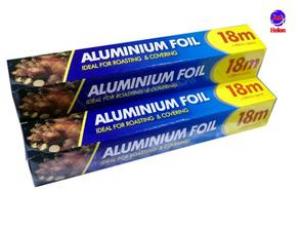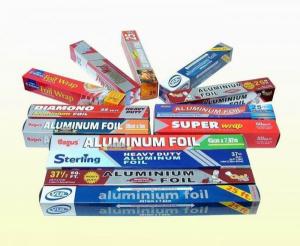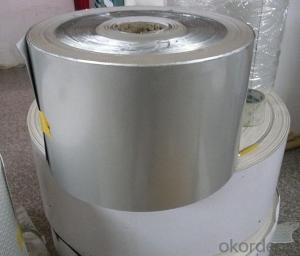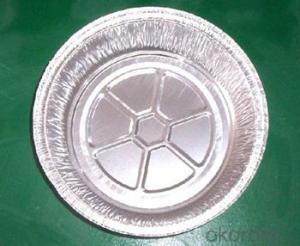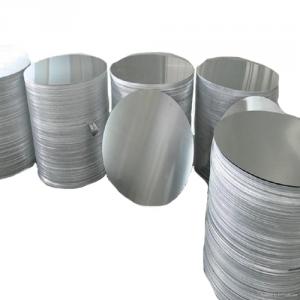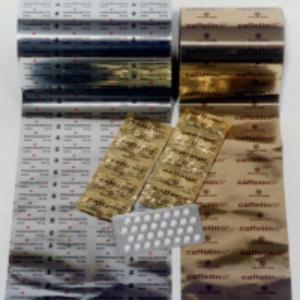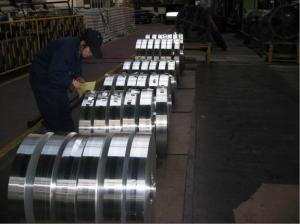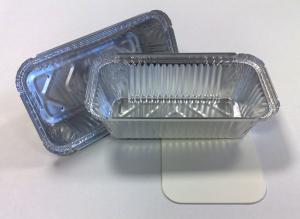Aluminum Household Foil
- Loading Port:
- China Main Port
- Payment Terms:
- TT or L/C
- Min Order Qty:
- 1 MT m.t.
- Supply Capability:
- 2000 Tons Per Month m.t./month
OKorder Service Pledge
Quality Product, Order Online Tracking, Timely Delivery
OKorder Financial Service
Credit Rating, Credit Services, Credit Purchasing
You Might Also Like
Quick details of Household Foil
Alloy: 8011/1235
Temper: O
Specifications of Household Foil
Thickness & Tolerance: 0.009mm-0.04mm (±6%)
Width & Tolerance: 280mm, 290mm, 300mm, 450mm
Mechanical Properties: Tensile Strength(U.T.S)≥50Mpa, Elongation≥1%
Standard: GB/T3198 / ASTM-B209 / EN546
Usage/Application of Household Foil
For for Household package
Packaging & Delivery of Household Foil
Packing: seaworthy wooden box with pallet
Delivery: to be loaded by 1 x 20 feet container
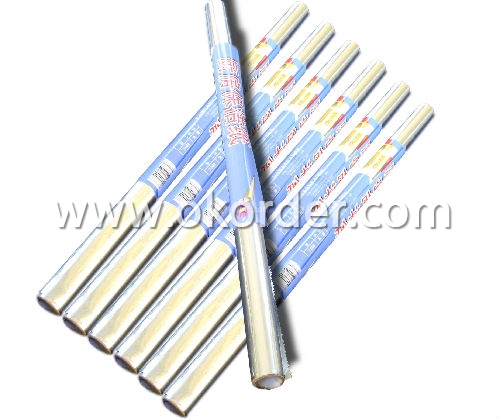
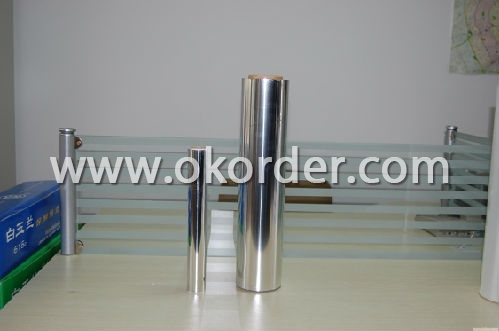
- Q: What is the measure of aluminum's strength, specifically its yield strength and tensile strength?
- <p>Aluminum's strength is typically measured in terms of its yield strength and tensile strength. The yield strength of aluminum varies depending on the alloy and heat treatment, but it generally ranges from 10 to 45 MPa. Tensile strength, which is the maximum stress that aluminum can withstand before breaking, is typically between 90 to 600 MPa for different aluminum alloys. These values make aluminum a lightweight yet strong material suitable for various applications, including construction, automotive, and aerospace industries.</p>
- Q: Is it possible to utilize aluminum as a material for automotive construction?
- <p>Yes, aluminum is commonly used in cars. It is valued for its lightweight properties, which can improve fuel efficiency and reduce emissions. Aluminum is used in various parts of a vehicle, including engine components, body panels, and suspension systems. Its high strength-to-weight ratio and resistance to corrosion make it an ideal material for automotive applications.</p>
- Q: Is it possible to use pure aluminum to create tools and equipment with increased longevity?
- <p>Pure aluminum is not typically used for making tools and equipment that require durability and strength. While it is lightweight and corrosion-resistant, pure aluminum is relatively soft and lacks the strength needed for most tools and equipment. Alloys of aluminum, which combine aluminum with other elements like copper, magnesium, or silicon, are often used instead. These alloys offer improved strength, hardness, and wear resistance, making them more suitable for long-lasting tools and equipment.</p>
- Q: This question asks for examples of alloys that have a significant amount of aluminum and are known for their strength and ductility.
- <p>Alloys that are known for their high aluminum content and possess excellent strength and ductility include 6061 aluminum alloy, 7075 aluminum alloy, and 2024 aluminum alloy. 6061 is widely used in structural applications due to its balance of strength, corrosion resistance, and formability. 7075 is one of the strongest aluminum alloys and is used in aerospace and high-strength applications. 2024 is known for its good mechanical properties and is used in aircraft structures and other demanding applications. These alloys leverage the benefits of aluminum, such as low density and high resistance to corrosion, while their specific compositions and heat treatments enhance their strength and ductility.</p>
- Q: Is aluminum suitable for use in paint and coating applications?
- <p>Yes, aluminum can be used in paints and coatings. It is often used in the form of aluminum pigments or flakes, which provide a metallic appearance and enhance the durability and corrosion resistance of the coating. Aluminum pigments are also valued for their ability to reflect light and heat, making them useful in applications requiring thermal insulation or reflective properties. Additionally, aluminum can be used in powder coatings, providing a hard, wear-resistant finish.</p>
- Q: Explain the differences between aluminum and other metals concerning their ability to degrade or break down in the environment.
- <p>Aluminum is not biodegradable in the traditional sense, meaning it does not break down into simpler substances through natural processes. It is highly resistant to corrosion and can persist in the environment for a long time. Unlike metals like iron, which rust and degrade over time, aluminum remains largely intact. However, aluminum can react with other elements in the environment, such as oxygen, to form a thin layer of aluminum oxide on its surface, which can alter its properties. Other metals like magnesium and zinc are more biodegradable as they can corrode and break down more readily in certain conditions, contributing to their use in biodegradable materials.</p>
- Q: What is the primary application of aluminum in various industries and everyday life?
- <p>Aluminum is most commonly used in the manufacturing of cans and packaging materials due to its lightweight, corrosion resistance, and recyclability. It is also extensively used in construction for window frames, roofing, and facades. In transportation, aluminum is a key material in the production of vehicles, particularly in the aerospace industry for aircraft and automotive industry for car bodies, due to its strength-to-weight ratio. Additionally, it is used in electrical components and electronics due to its good conductivity and malleability.</p>
- Q: Jiangsu in addition to the 10000 aluminum factory, there are no other aluminum factory?
- Jiangyin Xinyu company specializing in the production of various types of building Aluminum Alloy industrial profiles, A Well-Known Trademark in China, national inspection, Jiangsu famous brand, my ID address after the two to 52 is my mobile phone number, welcome to contact with us, thank you!
- Q: This question asks for an overview of the various types of aluminum alloys that exist.
- <p>Aluminum alloys are categorized into several series based on their primary alloying elements. The main types include: 1. 1xxx series: Pure aluminum alloys with 99.00% minimum aluminum content. 2. 2xxx series: Aluminum-copper alloys, known for their high strength. 3. 3xxx series: Aluminum-manganese alloys, which offer good formability and moderate strength. 4. 4xxx series: Aluminum-silicon alloys, used for welding wire and filler materials. 5. 5xxx series: Aluminum-magnesium alloys, characterized by good formability and corrosion resistance. 6. 6xxx series: Aluminum-silico-magnesium alloys, known for their high strength and excellent machinability. 7. 7xxx series: Aluminum-zinc-magnesium alloys, which are the strongest and most widely used in the aerospace industry. These alloys have various applications based on their unique properties, such as strength, corrosion resistance, and formability.</p>
- Q: Is it safe to utilize aluminum cookware in a microwave oven, considering potential hazards or damage?
- <p>Using aluminum pots and pans in a microwave oven is not recommended. Aluminum can cause sparks and potentially start a fire, as microwaves can reflect off metal surfaces and damage the microwave. Additionally, aluminum may not distribute heat evenly, leading to uneven cooking. It's safer to use microwave-safe cookware, such as glass or ceramic dishes, which are designed to withstand microwave heating without risk.</p>
Send your message to us
Aluminum Household Foil
- Loading Port:
- China Main Port
- Payment Terms:
- TT or L/C
- Min Order Qty:
- 1 MT m.t.
- Supply Capability:
- 2000 Tons Per Month m.t./month
OKorder Service Pledge
Quality Product, Order Online Tracking, Timely Delivery
OKorder Financial Service
Credit Rating, Credit Services, Credit Purchasing
Similar products
Hot products
Hot Searches
Related keywords
